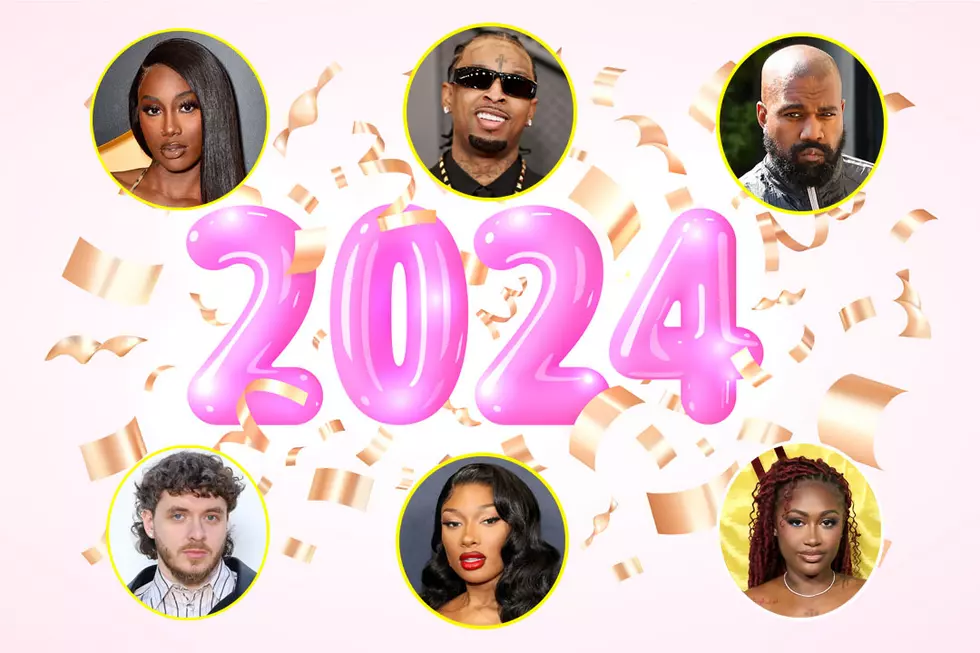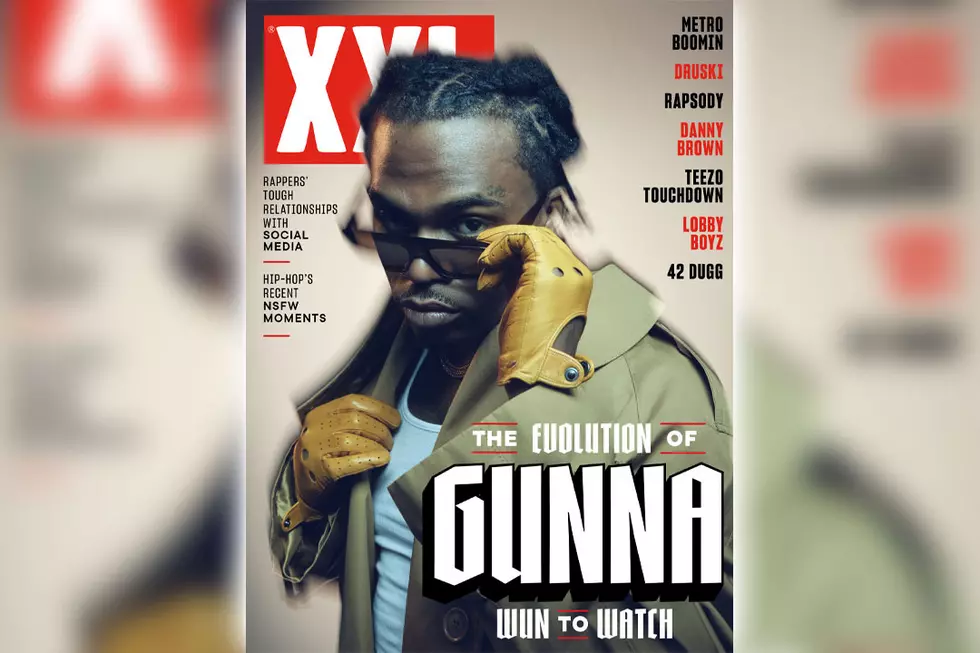David Banner Defends Hip-Hop in Congressional Hearing
 Earlier today (September 25), the United States House Energy and Commerce subcommittee in Washington, D.C. held a hearing to discuss sexist, violent and degrading lyrics in hip-hop music. Entitled “From Imus to Industry: The Business of Stereotypes and Degrading Images,” the hearing was spearheaded by Democratic Representative Bobby Rush of Illinois, the chairman of the House Subcommittee on Commerce, Trade and Consumer Protection. Rush organized the meeting to hear from record executives, artists and companies that release hip-hop music. “I want to talk to executives at these conglomerates who’ve never taken a public position on what they produce,” Rush previously stated. “I want to look at not only the problem caused by misogynistic content in some hip-hop music but also some of the pain that emanates from this degradation. I respect the First Amendment, but rights without responsibility is anarchy, and that’s much of what we have now. It’s time for responsible people to stand up and accept responsibility.”
Earlier today (September 25), the United States House Energy and Commerce subcommittee in Washington, D.C. held a hearing to discuss sexist, violent and degrading lyrics in hip-hop music. Entitled “From Imus to Industry: The Business of Stereotypes and Degrading Images,” the hearing was spearheaded by Democratic Representative Bobby Rush of Illinois, the chairman of the House Subcommittee on Commerce, Trade and Consumer Protection. Rush organized the meeting to hear from record executives, artists and companies that release hip-hop music. “I want to talk to executives at these conglomerates who’ve never taken a public position on what they produce,” Rush previously stated. “I want to look at not only the problem caused by misogynistic content in some hip-hop music but also some of the pain that emanates from this degradation. I respect the First Amendment, but rights without responsibility is anarchy, and that’s much of what we have now. It’s time for responsible people to stand up and accept responsibility.”
According to the Associated Press, Rush made good on his promise as the hearing went on as planned earlier today (September 25) and featured hip-hop artists David Banner as well as various industry executives. “This hearing is not anti-hip-hop,” Rush told the committee today. “I am a fan of hip-hop. [But there is a need] to address the issue of violence, hate and degradation that has reduced too many of our youngsters to automatons.” David Banner was one of the few artists who attended the event, as the Mississippi native defended the hip-hop culture. “If by some stroke of the pen hip-hop was silenced, the issues would still be present in our communities,” Banner said in a prepared statement. “Drugs, violence and the criminal element were around long before hip-hop existed.”
In addition, music videos were shown at the hearing with scantily clad woman, as music executives testified on the use of the words “bitch,” “hoe” and “nigga” in hip-hop. “We have allowed greedy corporate executives — especially those in the entertainment industry — to lead many of our young people to believe that it is OK to entertain themselves by destroying the culture of our people,” said E. Faye William, chair of the National Congress of Black Woman.” Overall, according to the Associated Press, the hearing led to many different opinions over who was to blame for violent and degrading lyrics, but no one proposed censorship as a way to solve the problem.
More From XXL









